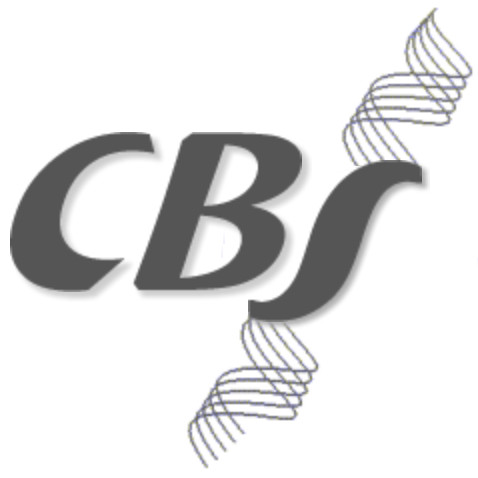Presentation

Welcome to the CBS website
The objective of the CBS is to carry out research at the forefront of structural biology and biophysics as a means to reveal the fundamental physical mechanisms underlying biological activity and its regulation, and where possible to exploit this knowledge in the conception of new therapeutic strategies in human health and disease.
The institute is organized in two departments: the department of Stuctural Biology and the department of single-molecule Biophysics.
CBS is a multidisciplinary research center, part of the CNRS (Unité Mixte de Recherche 5048), INSERM (Unité 1054), Université de Montpellier 1 and Université de Montpellier 2.
News
28 Mai 2015
Programming bacteria to detect disease
"Detection of pathological biomarkers in human clinical samples via amplifying genetic switches and logic gates" Alexis Courbet, Drew Endy, Eric Renard, Franck Molina, and Jérôme Bonnet, Science Translational Medicine, 2015 May 27;7(289):289ra83.
Summary: Bacteria have a bad reputation and are often seen as enemies causing many diseases such as tuberculosis and cholera. However, bacteria can also be our allies as evidenced by the exploding work on our bacterial flora or microbiota, which plays a major role in our body functions. Since the advent of biotechnology, researchers have engineered bacteria to produce therapeutic molecules. The team of Jerome Bonnet at the CBS (Inserm/CNRS/University of Montpellier), together with teams from CNRS, the Montpellier University Hospital and from Stanford University went further and transformed bacteria in "micro-spies" able to detect and report the presence of biomarkers of disease in urine or blood. These bacteria are able to detect the abnormal presence of glucose in the urine of diabetic patients. This work marks the first step towards the use of programmable cells for medical diagnosis.
21 April 2015
New publication: ABL Tyrosine Kinase Inhibition Variable Effects on the Invasive Properties of Different Triple Negative Breast Cancer Cell Lines. Chevalier C, Cannet A, Descamps S, Sirvent A, Simon V, Roche S, Benistant C, PLoS One, 2015 Mar 24;10(3)
Summary: Breast tumors belonging to the triple negative subgroup (TN) (no estrogen, no progesterone and no ERBB2 receptors expressed) are the most aggressive and have the worst prognosis due to lack of specific therapies. The tyrosine kinases of the ABL family are responible for chronic myeloid leukemia (CML) and may be implicated in TN breast cancer too. Here we tested the ABL kinase inhibitors used for CML in TN cell lines. We unexpectedly found opposite effects of these inhibitors dependending on the TN cell line tested. Thus, ABL inhibitors may be beneficial only for a subset of TN patients and very dangerous for others.
20 April 2015
Congratulations to Patrice Rassam (PhD student 2008-2012 in the team of P.E. Milhiet) who has just been selected to receive the "Prix du Jeune Chercheur" of the Société Francaise de Biophysique. He will recieve his prize and give an oral presentation during the EBSA Congress in Dresden, Germany, July 2015.
Congratulations to Linnea Olofsson (PhD student 2010-2014 in the team of E. Margeat) who will recieve the prize « Les Grandes Avancées en Biologie-Santé » from the Pôle BioSanté Rabelais on June 3rd 2015 (Genopolys).

